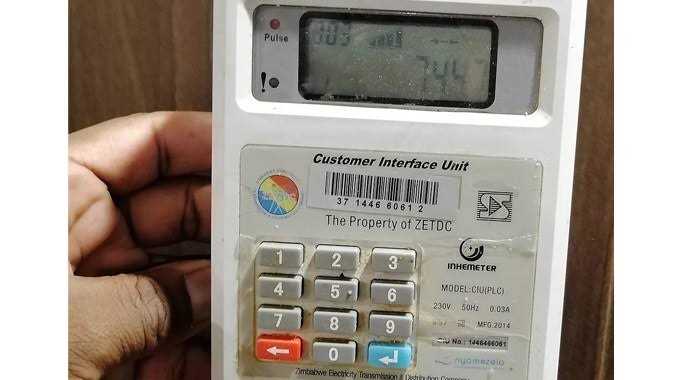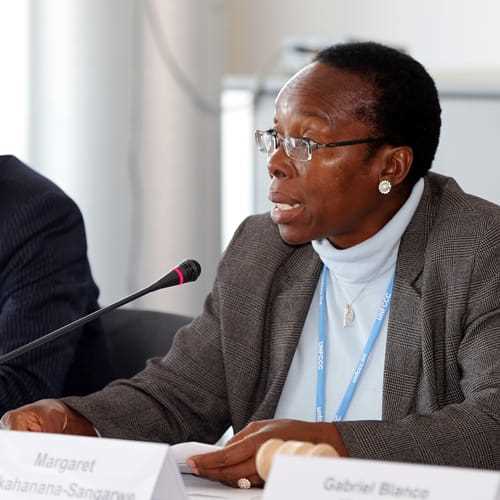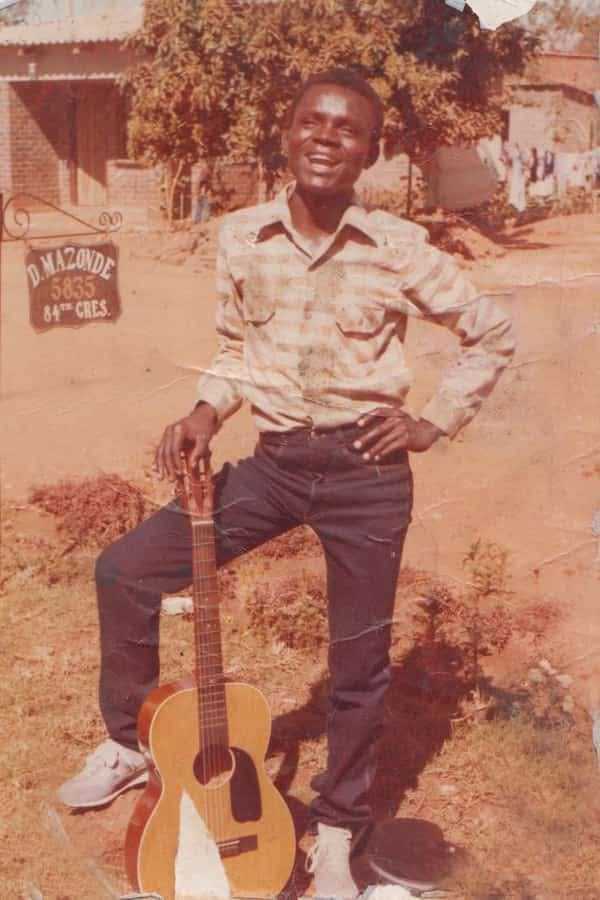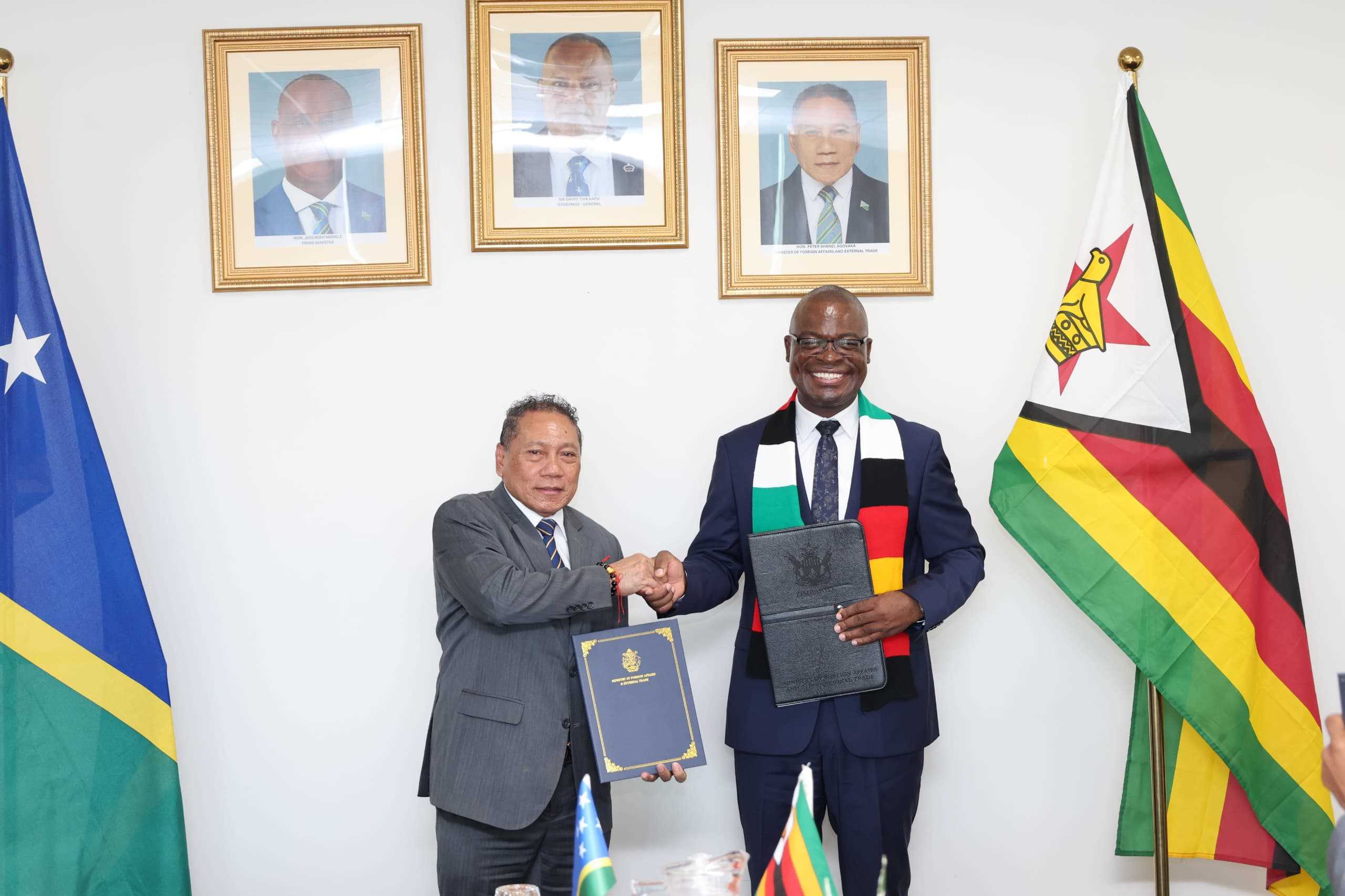
Bridget Mabanda
Citizens should employ fact checking to curb disinformation by news organisations, fact checking experts have said.
Cris Chinaka, Chief Editor for ZimFact, an online fact checking organisation said people ought to know threats posed by misinformation towards peace building from community level as they will be celebrating the International Fact-checking Day (IFCD) on Sunday.
Misinformation is false material that is spread, regardless of whether there is intent to mislead and disinformation is deliberately misleading or biased information; manipulated narrative or facts; propaganda according to dictionary.com.
Chinaka said citizens should be able to identify disinformation through fact checking information shared ‘with them by social media firms.
The fact checking expert said media practitioners and citizens should verify sources before consuming information.
“The amount and level of mis-information, dis-information and mal-information in Zimbabwe requires media practitioners to fact-check the information they source to avoid threats towards peace building,” Chinaka said.
He said ZimFact, is rolling awareness programs promoting fact checking and peacebuilding.
“Zim-fact has been conducting social media disinformation campaigns by creating effective oversight and strict data management guidelines across the country,” said Chinaka.
Information Publicity and Broadcasting Services Minister, Monica Mutsvangwa, weighed in on the importance of fact checking in national peace building.
Senator Mutsvangwa said it is critical to have a team of journalists appreciating value of upholding peace in political contestations.
She said media is the main source of information – capable of educating, particularly during elections, hence need for fact checking and promoting peace.
“It is usually during this period tensions may heighten, especially depending on how the media handle their reportage,” said Mutsvangwa.
Related Stories
Minister Mutsvangwa said misinformation causes hostility and tension when false messages are fed to the public.
She said this is possible due to power of the media as an instrument for social construction and deconstruction.
Therefore, Senator Mutsvangwa said social tensions can be moderated through fact-checking.
“It is through responsible journalism that the nation can maintain peace that we have experienced since independence,” she said.
Peace building practitioners should systematize use of social media for conflict stakeholder analysis, early warning, counter-messaging and defence of democracy and human rights, says a 2021 report by African Centre for the Constructive Resolution of Disputes (ACCORD).
The report also indicates that social media can be used by peacekeepers to counter misinformation, disinformation and malformation.
In addition, the report says fact checking can create opportunities for society to value non-violent responses to conflict.
Another peace expert, Sikhalo Cele said fact checking is important not only to individuals but, also to the government.
Cele said fact checking helps government to plan.
“Fact checking give authorities authentic information to come up with relevant intervention strategies on how to address conflicts established,” Cele said.
He added that facts do not deny what happened but they bring facts.
“It could be who, why, where, when and how giving evidence,” he said.
April 2 marks International Fact-Checking Day, a global initiative aimed at emphasizing the crucial role of accurate information in our interconnected world.
Research shows that by elevating fact-checkers and promoting credible sources, people can foster a healthy information ecosystem where facts prevail.



















Leave Comments